Rating: 8.0/10. Book containing several mostly independent essays about aspects of science, mostly from a historical and sociological perspective. The first essay compares Greek and Babylonian science: Greeks were more geometric while Babylonians were good at calculations, but when their cultures came in contact, new ideas emerged combining their sciences to predict astronomical motion. Essays…
Category: Social Sciences
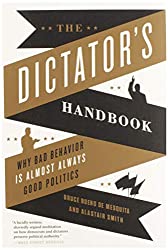
The Dictator’s Handbook by Bruce de Mesquita and Alastair Smith
Rating: 7.7/10. Summary Why do dictators consistently become terrible instead of doing what’s best for their country? This book explains the rules that govern dictatorships: using selectorate theory (proposed by the authors), they explain how incentives in dictatorships naturally tend toward a stable equilibrium that’s bad for most of its inhabitants, but democracies tend towards…
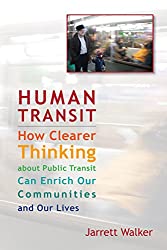
Human Transit by Jarrett Walker
Rating: 8.3/10. Book about city planning, specifically designing for public transit. Public transit is any form of transport that has a fixed schedule and is open to the public. Although public transit is familiar to all of us, there are still many non-obvious design considerations, and often there are tradeoffs where you cannot satisfy all…
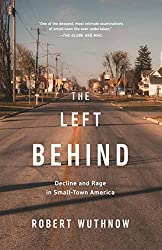
The Left Behind by Robert Wuthnow
Rating: 8.0/10. Fairly short book, describing life in rural America and why they consistently vote Republican. Unlike the cities, rural Americans live in small and medium-sized communities with two characteristics: (1) it feels like everyone knows everyone else, and (2) it feels like everyone thinks the same way. Both of these are not literally true,…
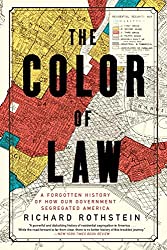
The Color of Law by Richard Rothstein
Rating: 8.4/10. Summary Why is America so segregated? It’s often believed that the segregation is de facto, due to cultural reasons like people wanting to live with people of the same race. But this book argues that this is a myth, and in fact, blacks suffered de jure (systematic and legally enforced) discrimination for many…
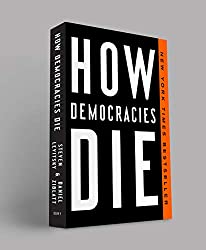
Why Democracies Die by Steven Levitsky and Daniel Ziblatt
Rating: 9.0/10. Trump shocked the world in 2016 when he won the election. How did this happen? This book explains how this result is actually a cumulation of decades of eroding democratic institutions and political polarization. It’s not the people’s fault for voting Trump: several people (eg: Henry Ford) have gotten similar levels of popular…

How Emotions are Made by Lisa Feldman Barrett
Rating: 7.8/10. The classical theory of emotions says that at least a few basic emotions are universal (happiness, fear, sadness, surprise, disgust, anger). However, this “essentialist” theory is put into question because it is difficult to find any consistent physiological fingerprint for these emotions; there is a lot of variation and interpretation is subject to…
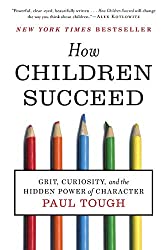
How Children Succeed by Paul Tough
Rating: 7.3/10. Proposes that the two biggest factors that determine whether a child succeeds or fails are: Stress and traumatic events in childhood is bad, and this can be mitigated if the parents give the child attention. Grit / perseverence / self-control is important, more so than IQ. The book describes several programs implemented in…

Bullshit Jobs by David Graeber
Rating: 6.9/10. A bullshit job is one where the worker feels does not contribute anything useful to society, but is obligated to pretend otherwise. About 40% of all jobs in the USA are bullshit by this definition. People feel unhappy in these jobs because they must pretend to work, yet ultimately the work is pointless,…

Factfulness by Hans Rosling
Rating: 8.4/10. This book was written by Hans Rosling (the same guy that made The Joy of Stats documentary) just before he died in 2017. [redacted] recommended it to me. It uses stats to show that despite what the media portrays, and despite popular conception, the world is not such a bad place. Extreme poverty…
